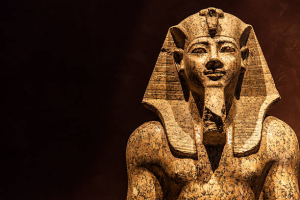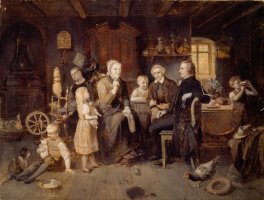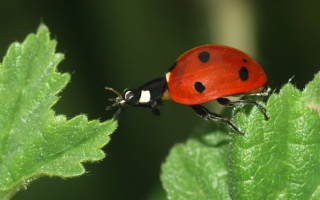Top 10 Astonishing Facts about Hera
As the sister and wife of Zeus and one of the twelve Olympian gods, Hera was known as the Queen of the Gods. She was regarded as a matronly figure who ... read more...officiated at weddings and other significant social rites because she was the goddess of women, marriage, childbirth, and family. The most well-known mystery and fascinating detail about her existence were her and her brothers being sucked up by their father, Cronus. The most astonishing facts about Hera are presented in this post.
-
Hera is the goddess of women, marriage, family, and childbirth in ancient Greek religion and myth, which is one of the most astonishing facts about Hera. Hera was viewed as a matronly figure who presided over weddings and blessed marriages. She was also the patroness and protector of married women. Hera is frequently seen with the cow, lion, and peacock, which she regards as sacrosanct. She is depicted as a regal and solemn goddess who is seated on a throne and who is holding a pomegranate. The pomegranate is depicted in the hands of the Goddess of marriage and family because in ancient Greece it was a symbol of fertile blood.
The Greek word hora, which means season and is translated as "ready for marriage," is frequently associated with the name Hera. Given that Hera is the Goddess of marriage, this makes sense. Hera was perhaps the first god to get a temple sanctuary with a roof, according to the Greeks. The Heraion of Samos, one of the biggest Greek temples, finally took the place of this temple, which was constructed in Samos in approximately 800 BCE.
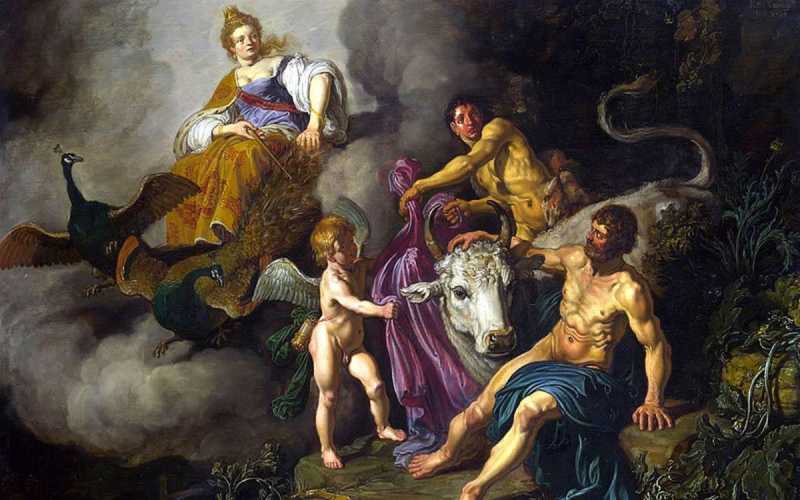
Photo: https://owlcation.com/ 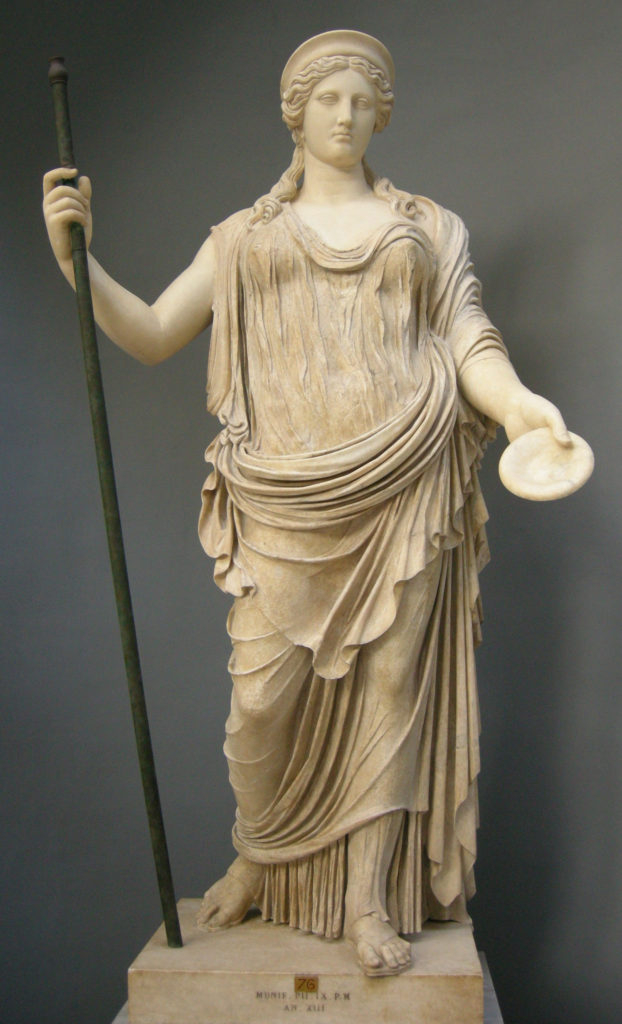
Photo: https://greekgodsandgoddesses.net/ -
One of the twelve Olympian Gods is Hera. A race of immortal gods in their third or fourth generation is known as the Olympians. They sit atop Mount Olympus and were revered as the main deities of the Greek pantheon. Zeus led his siblings to triumph over the Titans, who were the governing deities at the time, ending a 10-year conflict that resulted in the Olympians' eventual ascension to the position as supreme gods.
Even though Mount Olympus is home to many immortals, only 12 of them are regarded as being very significant. Along with Zeus' primary offspring Athena, Apollo, Artemis, Ares, Hephaestus, Hermes, Dionysus, and Aphrodite, these also include the Titans Cronus and Rhea's children Zeus, Hera, Poseidon, Demeter, and Hestia. Hera, who was Zeus' sister-wife, was regarded as the Queen of Gods and held a prominent position among the 12 Olympian Gods.
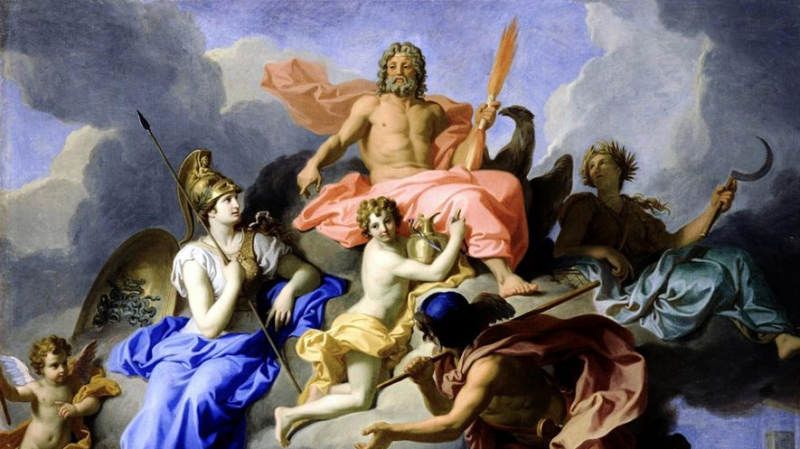
Photo: https://www.nirvanicinsights.com/ 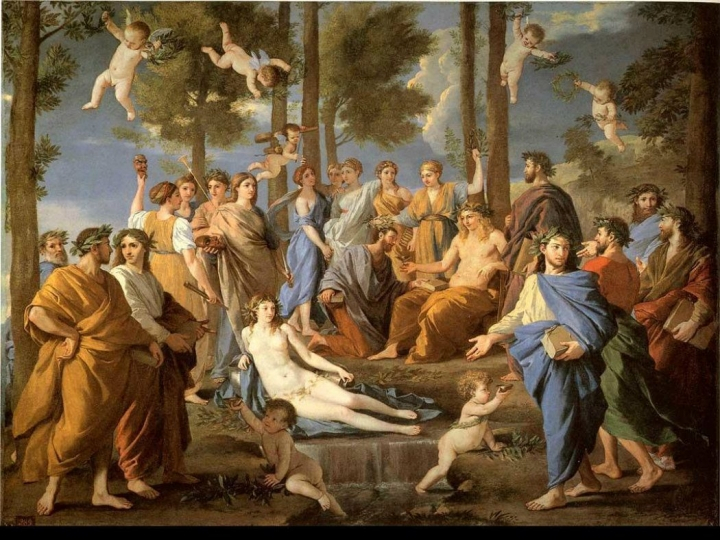
Photo: https://greeking.me/ -
Greek mythology states that Cronus ousted his father Uranus and established global control alongside his wife Rhea. He was informed, nevertheless, that one of his offspring would eventually topple him just as he had done with his father. Hera was one of the many kids Cronus had with Rhea and he swallowed her and the rest of the babies right away. But when Rhea gave birth to her sixth child, Zeus, Rhea begged Gaia to show her the way. Gaia told Rhea to go to Crete to give birth and then wrapped a diaper on a stone to give to Cronus, replacing the newborn Zeus. Cronus was fooled and swallowed the stone whole.
When Zeus reached adulthood, he impersonated an Olympian cupbearer, poisoned his father's wine, and then deceived him into drinking it. Sure enough, Cronus vomited everything in his stomach, including the stone disguised as Zeus. After that, Zeus' brothers Hades and Poseidon, as well as his sisters Hestia, Demeter, and Hera turned against Cronus. Zeus then engaged in combat with Cronus and the other Titans alongside his brothers and sisters, the Hecatonchires and the Cyclopes. He won the battle and deposed Cronus. Cronus is finally imprisoned in the abyss of Tartarus. Hera later became Zeus's wife and ruled as queen of the gods over Mount Olympus.
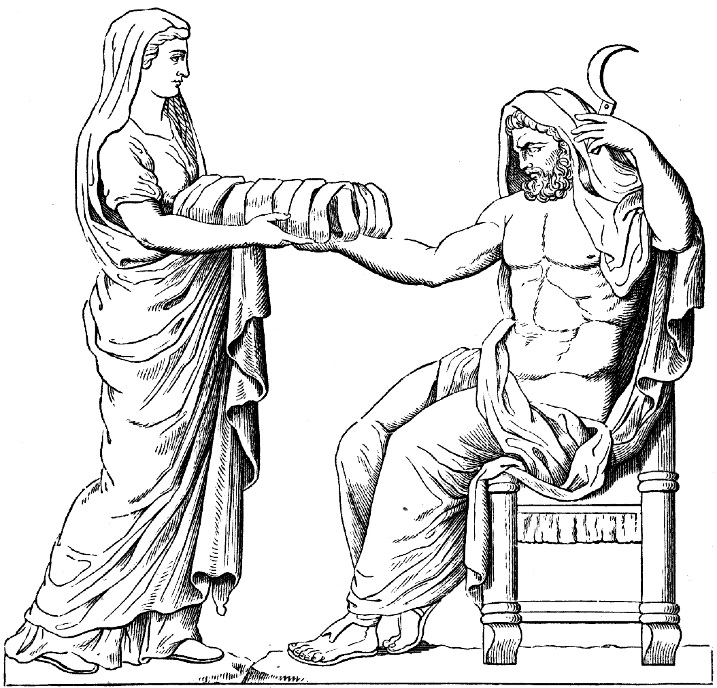
Photo: https://en.wikipedia.org/ 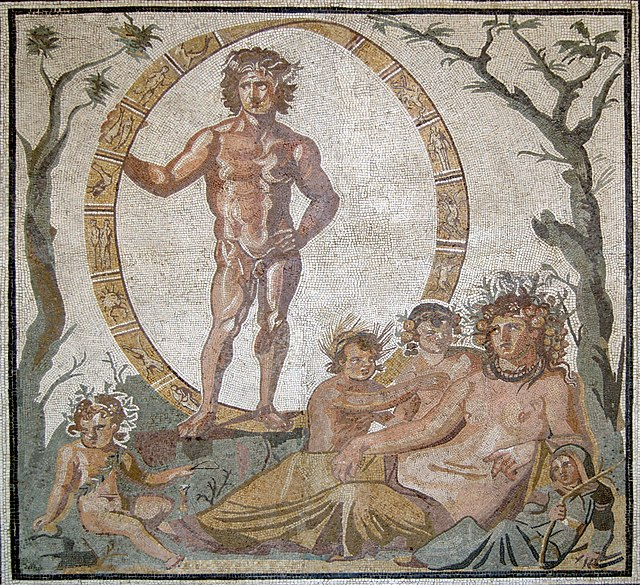
Photo: https://en.wikipedia.org/ -
Immediately following their birth, Cronus would eat all of her children. Cronus' wife Rhea was tired of his antics and wanted to save Hera. To protect Hera from Cronus' brutality, Rhea decided to send Hera away. Tethys and Oceanus were chosen to provide her with a secure childhood. This is one of the most astonishing facts about Hera. Rhea, Hera's mother, made a cunning maneuver that ensured Hera's safety and allowed her to blossom as a Greek Goddess.
Oceanus for preservation. At the time, Zeus was involved in a protracted battle to topple the Titans. In ancient Greek mythology, the river Oceanus, which encompassed the entire Earth, belonged to the god Oceanus. His wife Tethys later came to be connected with the sea. Hera was raised by Oceanus and Tethys at their palace, which was in the west. Hera always had a very positive memory of her foster parents and even attempted to make up with them later in life when they were at odds. Since Oceanus and Tethys were role models for marital faithfulness, it can be inferred that this was the cause of Hera's constant loyalty to Zeus despite his multiple indiscretions.
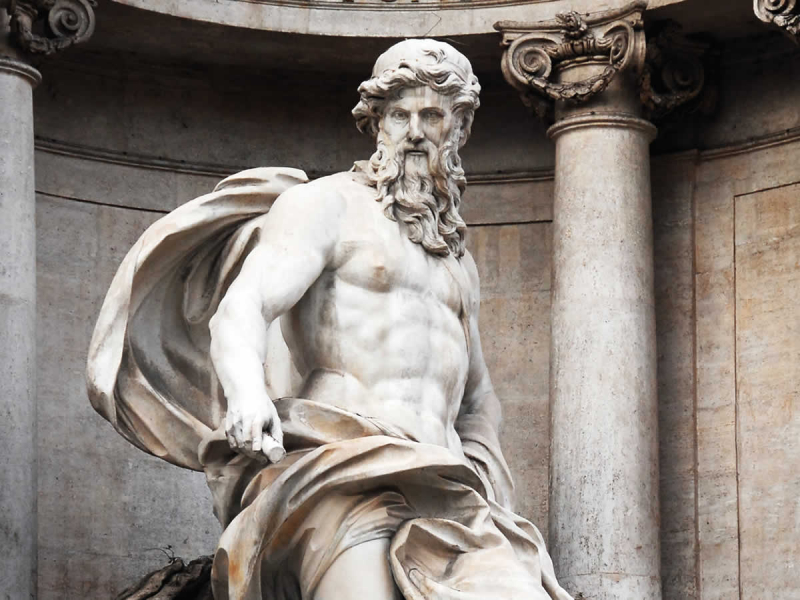
Oceanus - Photo: https://www.greekmythology.com/ 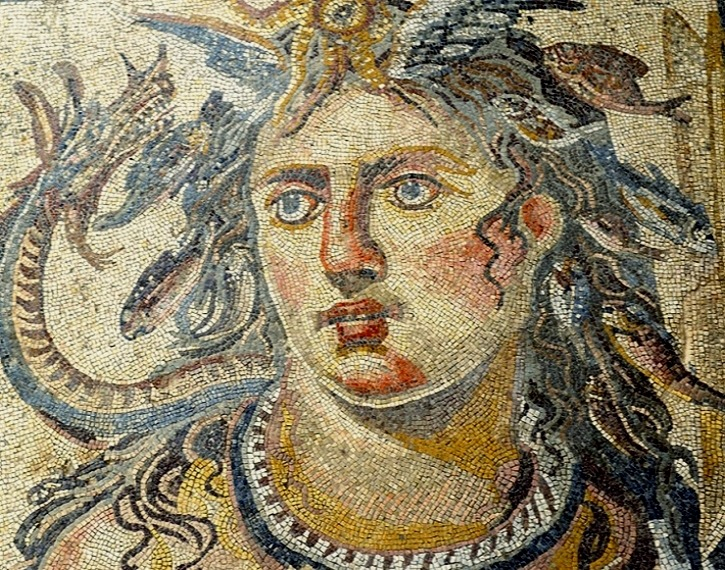
Tethys - Photo: https://twitter.com/ -
Hera, one of Ancient Greece's most attractive goddesses, was able to win over Zeus with her beauty. Zeus, who had a history of affairs before meeting Hera, was smitten by her allure in an instant. Hera, however, turned down his advances.
Zeus was aware of Hera's deep affection for creatures of all kinds. He assumed the form of a cuckoo, flew outside her window, and claimed to be suffering from the cold. Hera took the bird inside and warmed it there by holding it close to her chest out of compassion. Then Zeus changed back into himself, sexually assaulting the woman. Hera agreed to the marriage with Zeus out of shame at being taken advantage of.
Zeus continued to have intercourse with both mortal and immortal women after becoming married. Zeus had several adulterous romances while regularly traversing the planet and the cosmos. Before and after his marriage to Hera, he was involved with several women, including Danae, Europa, Io, Semele, Ganymede, Callisto, Dione, Persephone, Nemesis, Thaleia, and Callisto. He was married to Themis, but his first and most beloved partner was the Titan goddess Metis. Zeus then attempted to play pranks on Demeter, but she rejected him at once. Additionally, he had a relationship with Leto just before being hitched to Hera.
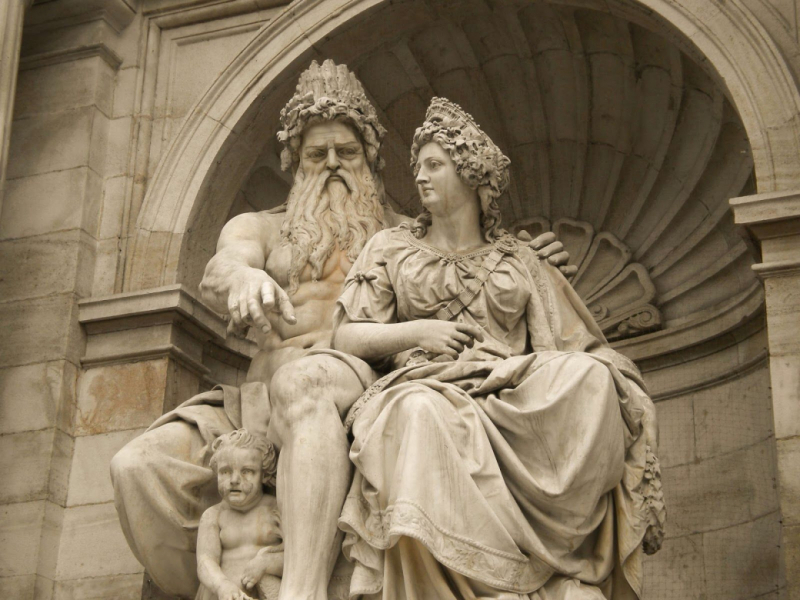
Photo: https://lostbird.vn/ 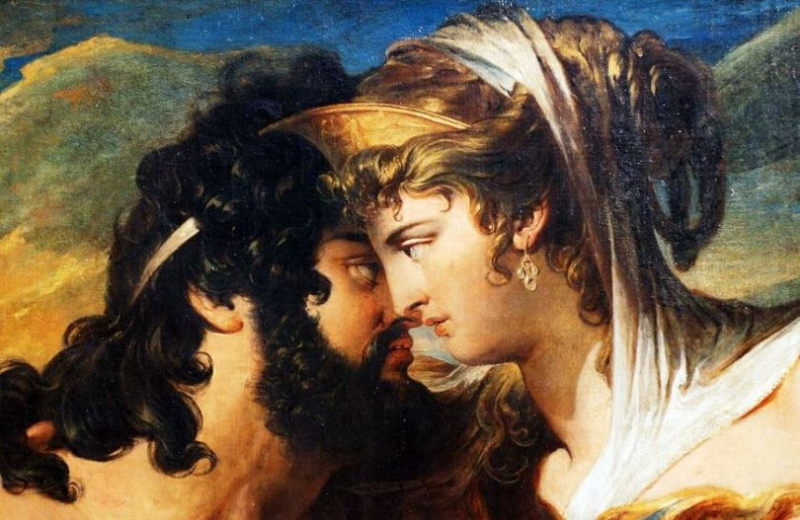
Photo: https://www.yan.vn/ -
While her husband Zeus was the exact opposite, Hera was connected with loyalty. Zeus could not remain faithful to Hera because she never cheated on him. Despite being Hera's husband, Zeus had a lot of adulterous relationships. Before he married Hera, he had had a lot of relationships. Hera was incredibly envious. Zeus's companion would follow him wherever he went and curse the ladies he was involved with. Numerous myths claim that Hera planned these women's deaths or cursed them.
Zeus had countless offspring from a variety of his lovers as a result of his escapades. The twin's Apollo and Artemis were born from Zeus and Leto's most well-known relationship. Hera, in response, cursed Leto and complicated the birthing process by forbidding her from giving birth on a solid piece of ground. The twins were able to exact revenge since Leto gave birth to them.
Lamia, the mistress of Zeus and the queen of Libya, experienced a similar situation. Hera dispatched a monster to kill their children in this instance as well after learning about their romance.
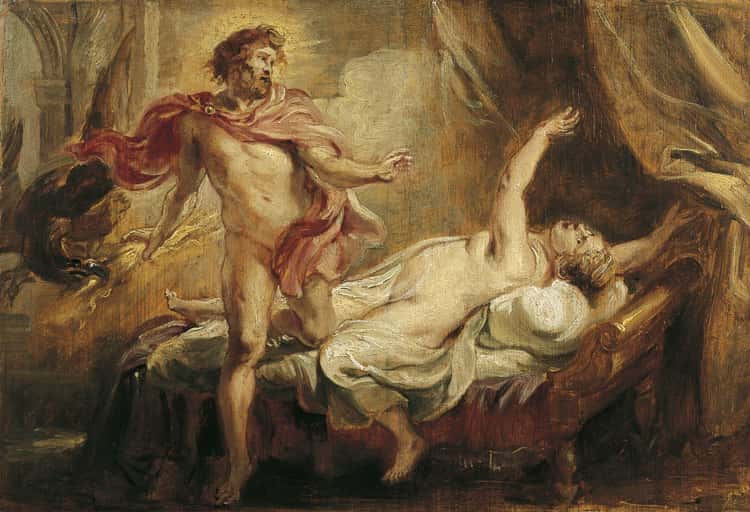
Photo: https://www.ranker.com/ 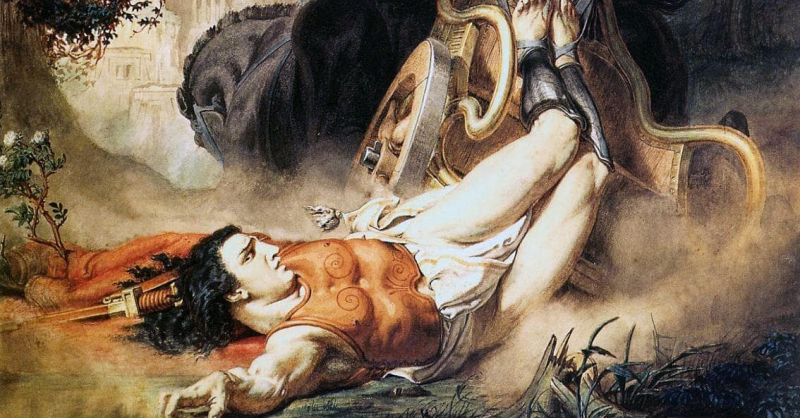
Photo: https://www.ranker.com/ -
Ares, Hephaestus, Hebe, and Eileithyia are the most well-known of Hera's seven children. Ares also referred to as the God of War, is the son of Zeus and Hera. During the renowned Trojan War, he fought for the Trojans. Hephaestus was allegedly born to Hera without the union of Zeus. She flung him down Mount Olympus because she found him so repulsive. After Hera fell into a trap laid by Hephaestus, the mother and son were reunited. Hephaestus created a magical throne for Hera to exact revenge; no matter how hard she attempted to escape, she was unable to do so. He didn't let her go until Aphrodite was made his wife.
Zeus and Hera's daughters are Hebe and Eileithyia. Eileithyia is the Goddess of childbirth, whereas Hebe is the goddess of youth. While Hera committed herself to defend married women, Eileithyia took up the protection of mothers-to-be. She also had the power to postpone or stop pregnancies.
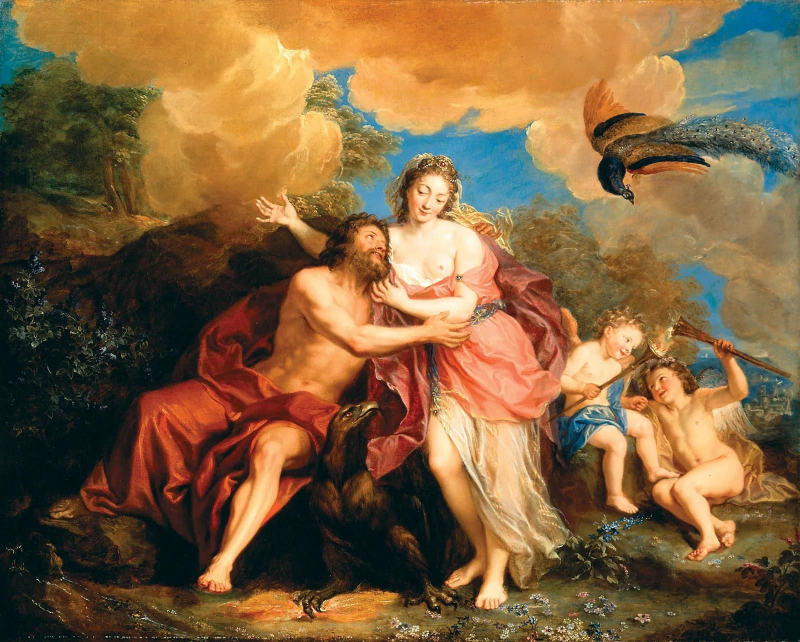
Photo: https://www.britannica.com/ 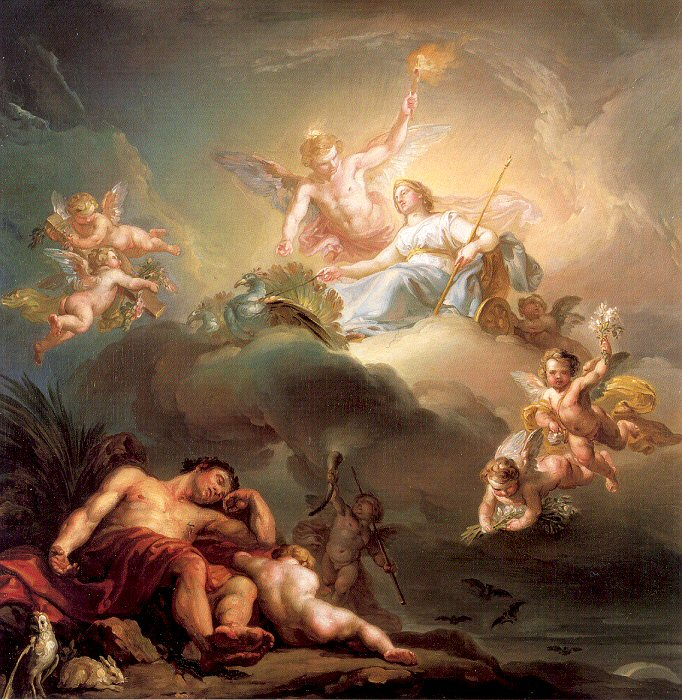
Photo: http://webpage.pace.edu/ -
One of the most astonishing facts about Hera is that she was believed the most attractive of the immortals. She appeared magnificent wearing a tall, cylindrical crown and riding in a chariot drawn by the peacock, her sacred bird. She would rule the heavens while seated on her gold throne, which was her throne.
Hera, on the other hand, was sensitive to her beauty and proud of it. Hera's tendency to become enraged when she believed her beauty was in danger stemmed from her jealous nature. Anyone more attractive than she was subject to punishment or curses. Laomedon's daughter Antigone bragged that her hair was more attractive than Hera's. Hera transformed her hair in Antigone into serpents out of rage. She also harbored a long-standing resentment toward Paris for saying that Aphrodite was more attractive than she was. Because of Hera's efforts to assure their victory through both direct and indirect interventions, the Greeks were able to triumph in the Trojan War.
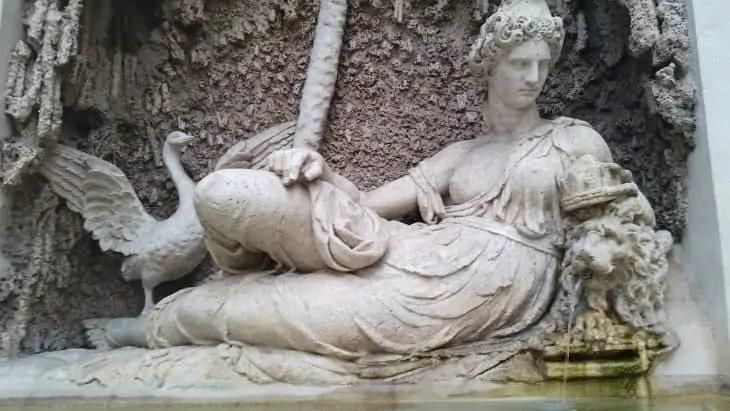
Photo: https://facts.net/ 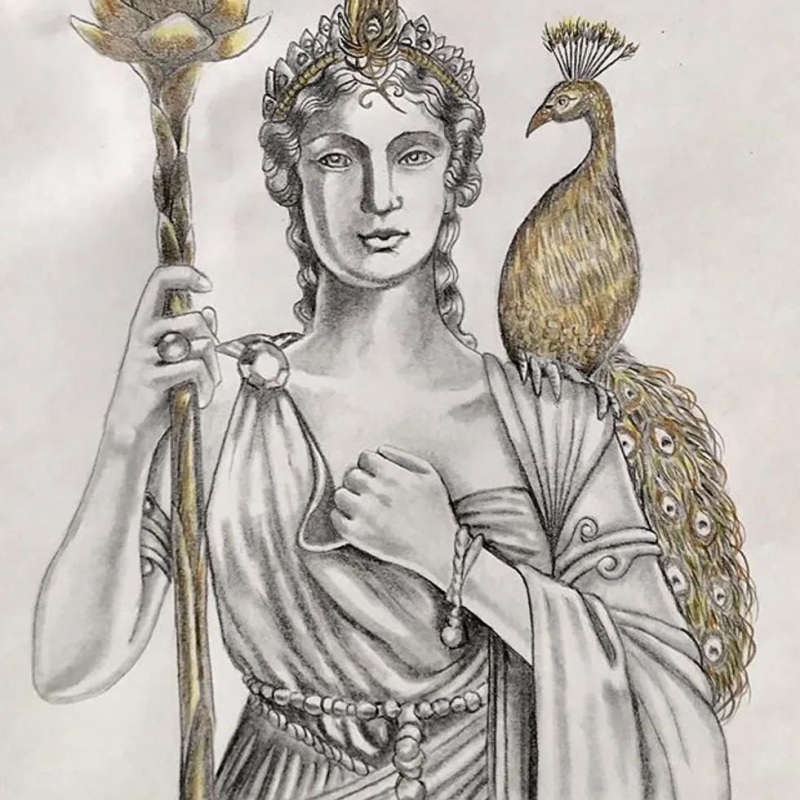
Photo: https://www.theodysseyonline.com/ -
Hera was revered as the goddess of virginity, marriage, and matrimony. All around Greece, she had cults, and people respected her for her connections.
Despite being wed to Zeus, she was revered as a virgin goddess. She renewed her virginity every year at the Spring of Kanathos, which allowed her to keep it. Her virginity was renewed using silent rites and rituals that were kept a closely guarded secret.
Virginity, on the other hand, shares some associations with Hera and the Moon. Hera, Hebe, and Hecate are interpreted as representing the full moon, new moon, and old moon, respectively. They are also linked to the Mother of Summer, the Crone of Autumn, and the Virgin of Spring.
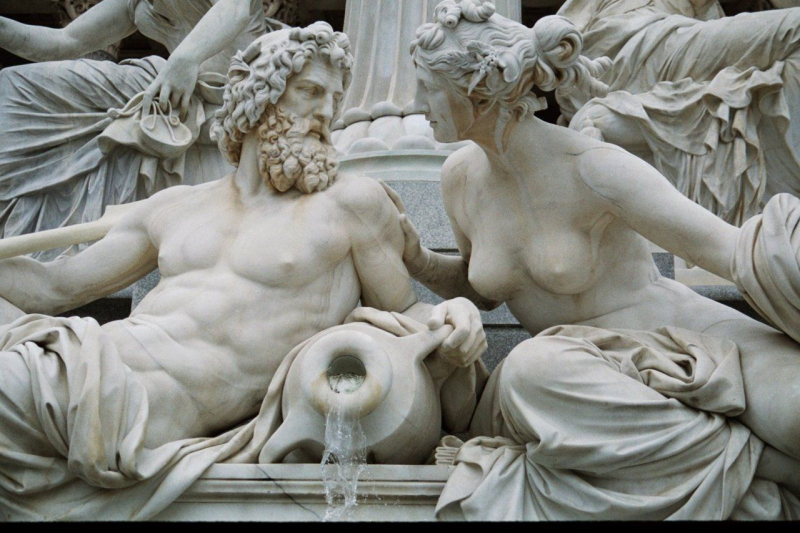
Photo: https://www.pinterest.com/ 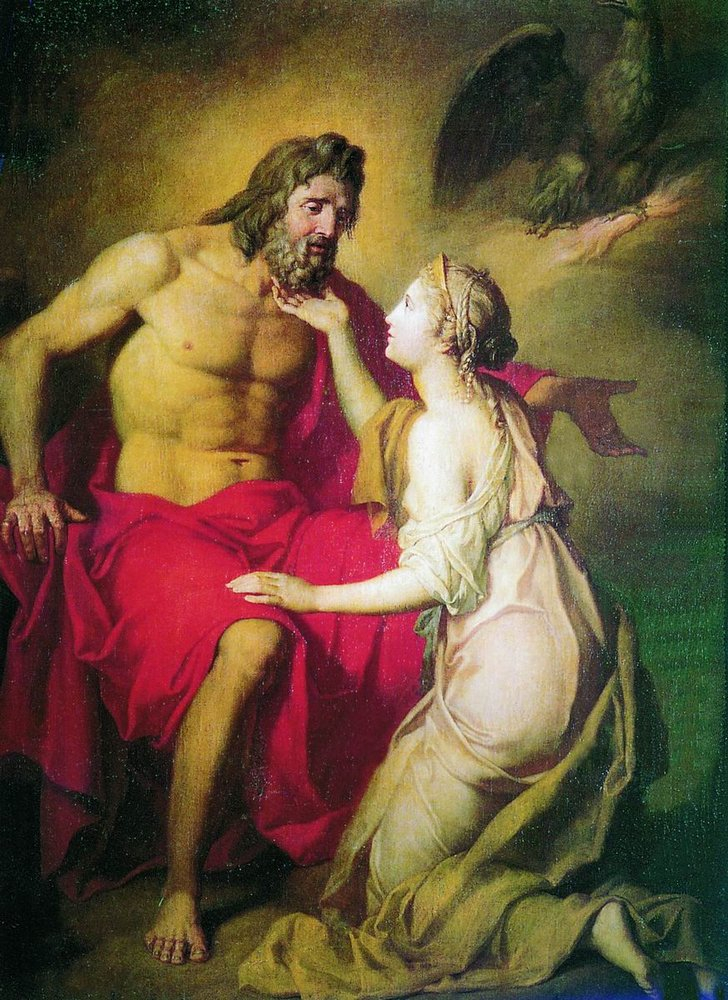
Photo: https://talesmythology.blogspot.com/ -
Every fourth year, the Heraia, an all-female athletic competition, was conducted in various ancient Greek cities. The competition, which was held to commemorate the Greek goddess Hera, mostly consisted of foot races for single women. However, the race was just one-sixth as long as the male equivalent.
Sixteen women in total presided over the celebration. After the games were held, these ladies would weave Hera a robe. The youngest of the maidens took the lead and was followed by those who were the next older, and so on until the eldest of the maidens took the lead. The maidens' hair would fall when they ran, and their right shoulder and breast would be exposed beneath a tunic that hung just above the knee. For the competition, the Olympic stadium was set aside. As part of the celebrations, the winning maidens received olive leaf crowns and a piece of the cow that was sacrificed to Hera. They were also allowed to honor Hera with sculptures bearing their names.
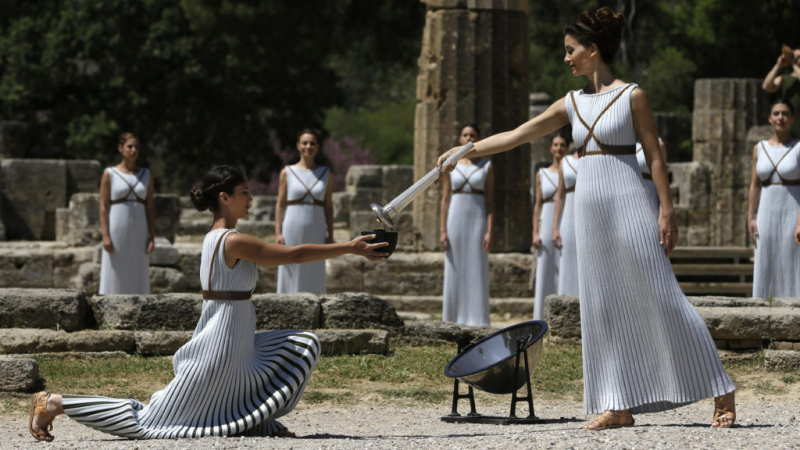
Photo: https://eaglesanddragonspublishing.com/ 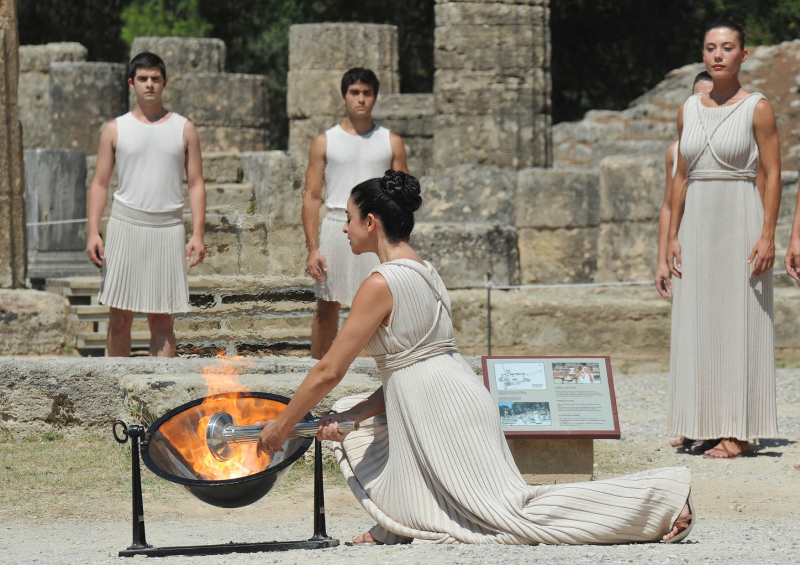
Photo: https://www.thousandwonders.net/






















